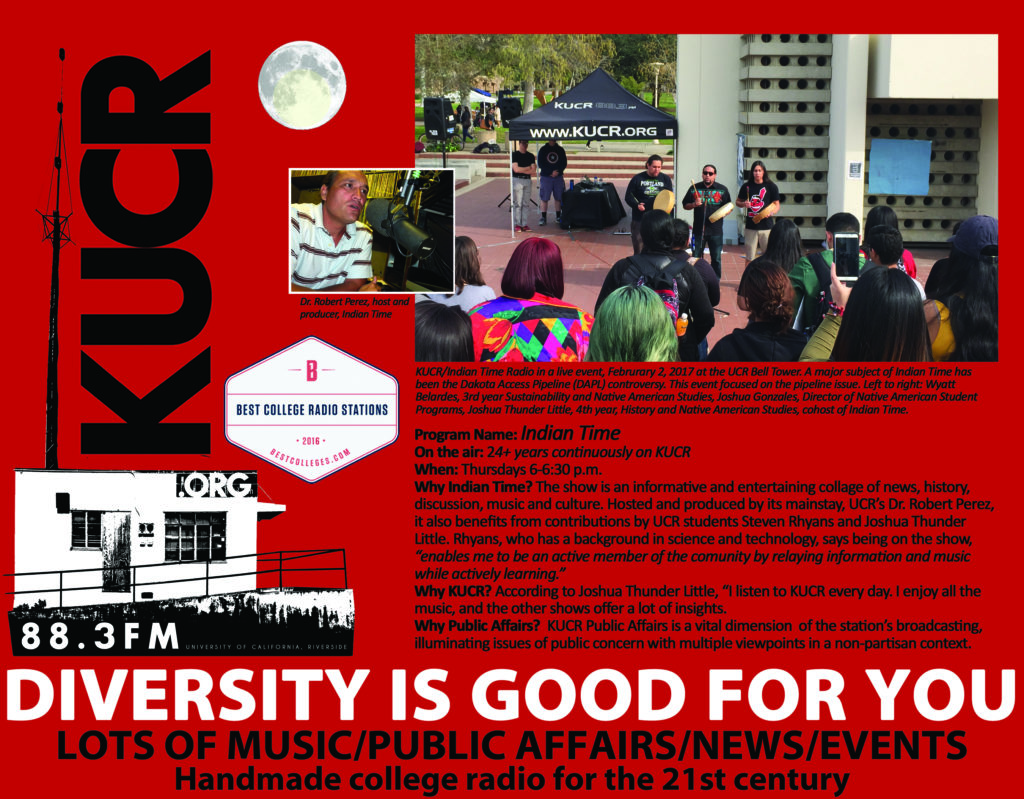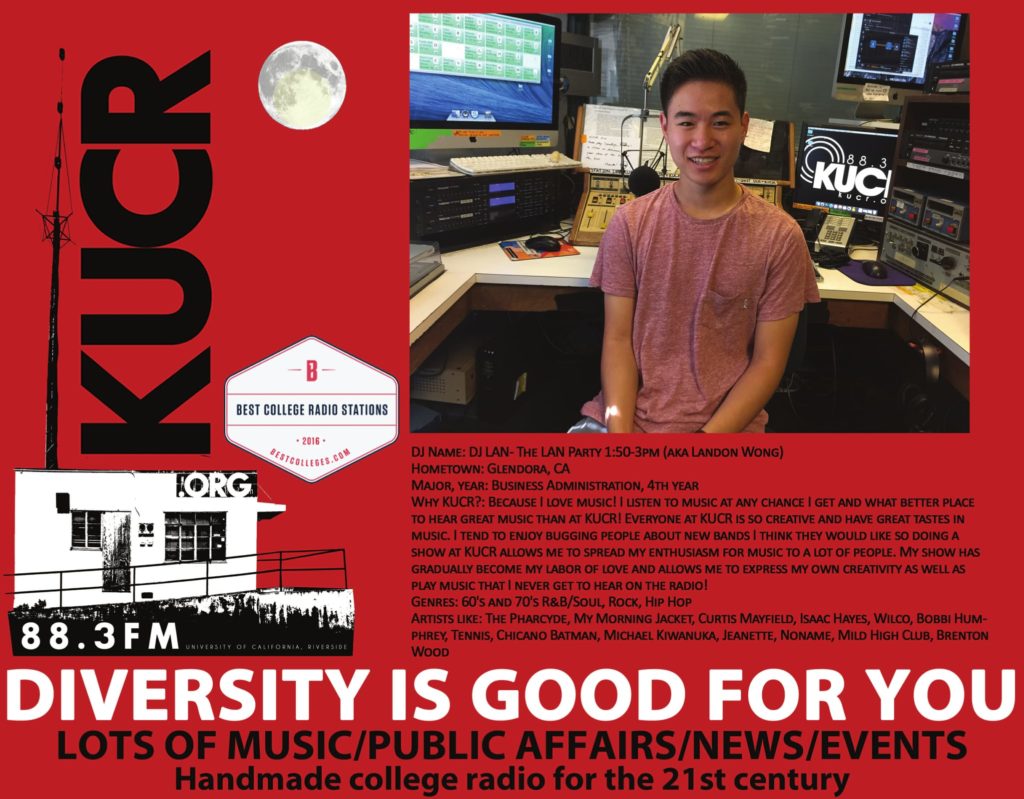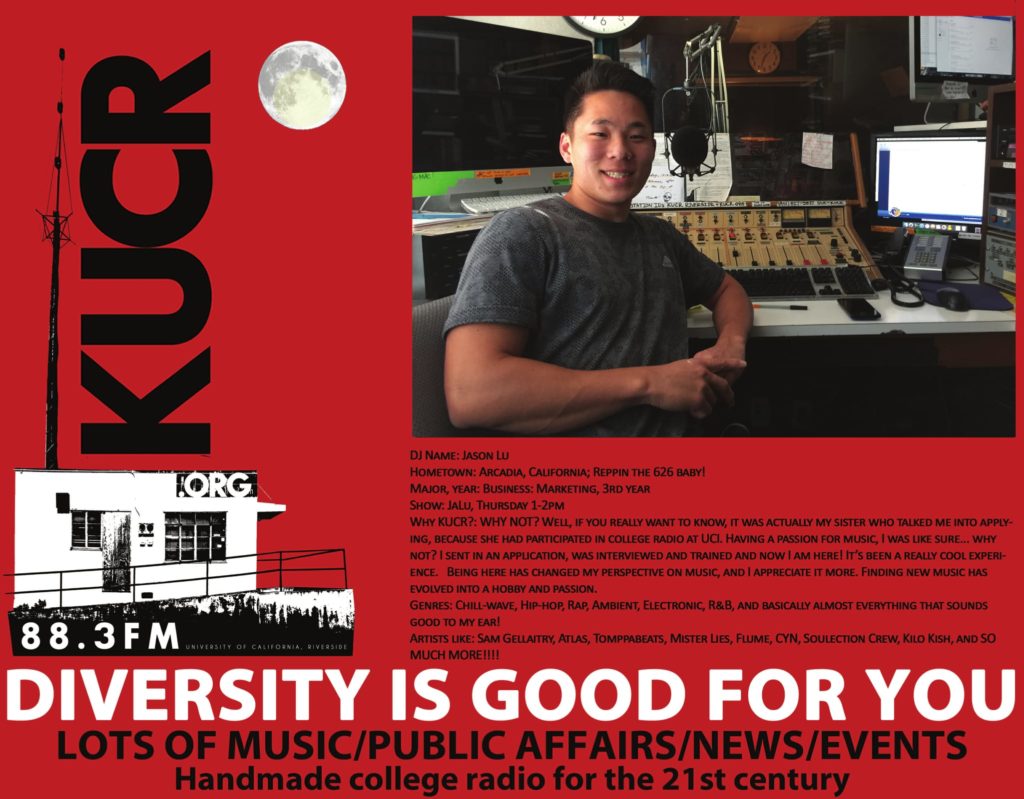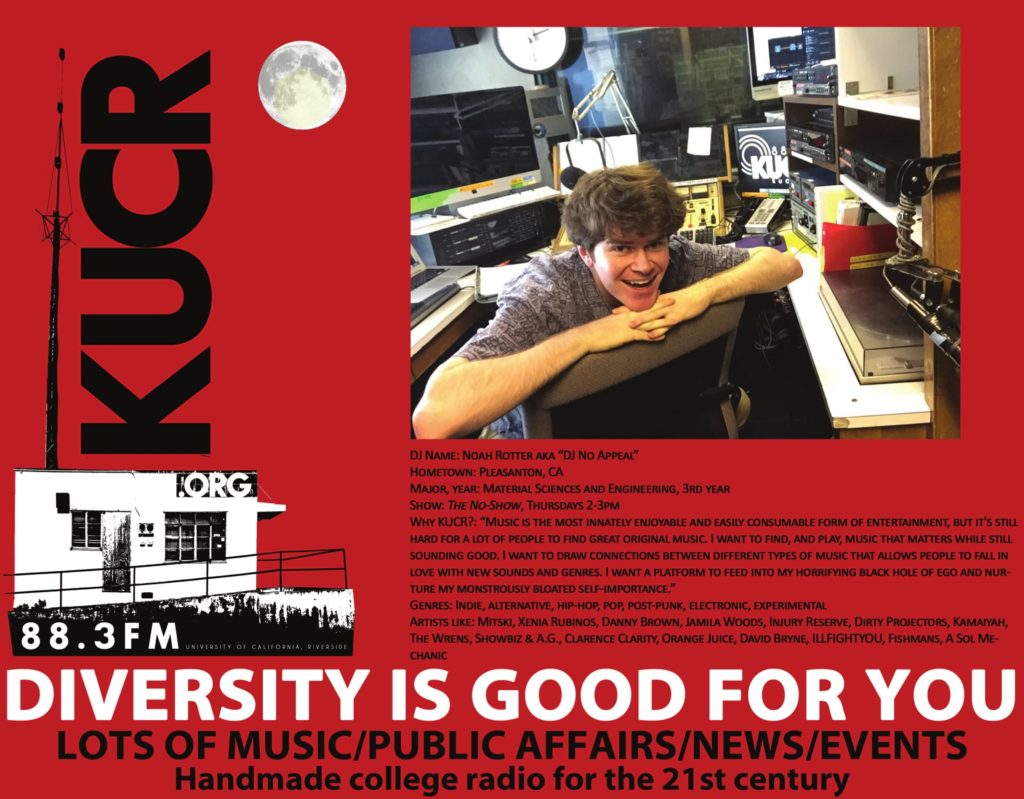Essential Mix of the Year Winner Midland to perform at CRSSD in San Diego
Photo Credit: Riya Hollings for MixMag
By Aaron Grech
Coming fresh off of his BBC Radio One Essential Mix of The Year award for 2016, Harry Agius, better known as Midland, will be performing at the CRSSD music festival in San Diego, California on March 5. Known for his diverse mixing technique?—?blending house, garage, techno, disco and UK pop, into his performances, Midland’s style creates a synchronized feel with a profound energy that make his both his track productions and live shows stand apart.
The London music producer first arrived on the scene in 2010 with a remix of Caribou’s “Sun,” and before long began ascending the ranks in his native UK with his early collaboration, and eventual friendship with the Aus Music record label. The first of these collaborations “Your Words Matter,” with Pearson Sound, characterized many of his early tracks, UK garage influenced house with a smooth and stripped down feel.
After an appearance on Boiler Room on behalf of Aus Music in 2012, Midland “Trace,” in 2013 which broke away from his earlier music. This techno infused track brought out a darker tone, with distorted vocals sampled from Andres’ “Hey Time To Go,” on top of an eclectic bass line, which are blended together seamlessly with dual techno and house inspired drum tracks. “Trace” eventually became Midland’s break-out track that year, as it played across numerous clubs in Europe.
Soon after the release of the Trace EP, however, Midland left Aus Music to begin his own record label Graded later that year. The label has gone on to feature artists such as Ryan Crosson, Catz N Dogz and Ben Pearce along with numerous releases from the label’s founder including hit tracks “Archive 01,” and “Drum Trak.”
Despite the continued success of his own music on the imprint, Midland, who is never satisfied creating paint-by-paint tracks, evolved his style once more with the release of his “Double Feature EP,” in 2015. This later departure from his music showcased the producer infusing strings and bongos to create a more disco and pop inspired sound on both of the tracks, “Double Feature,” and “Stop Don’t Let The Beat.”
While Midland continues to sporadically produce, releasing 6 tracks on the REGraded imprint in 2016,his live performances continues to amaze audiences across the world. During his break-out year in 2013, he made an appearance at the world-famous Space Ibiza along with a later appearance at the Lowlands 2013 Festival in the Netherlands. Alongside these, he currently holds regular spots at London’s Fabric night club, along with Amsterdam’s Truow, and achieved further notoriety at Space Ibiza for hosting hour long DJ sets from opening until closing in 2015.
While many upcoming DJs and producers would be satisfied with these spots and festival appearances, Midland’s career will develop even further as he continues to produce and DJ. His Essential Mix of the Year win in December and further festival bookings this year, showcase a bright career that has no intention of slowing down.
Congressman Mark Takano: Why I’m Boycotting the Inauguration
In an appearance at UC Riverside on January 17, 2017, Congressman Mark Takano (D-CA) explained how he came to the decision to boycott the inauguration of Donald Trump as President of the United States.









